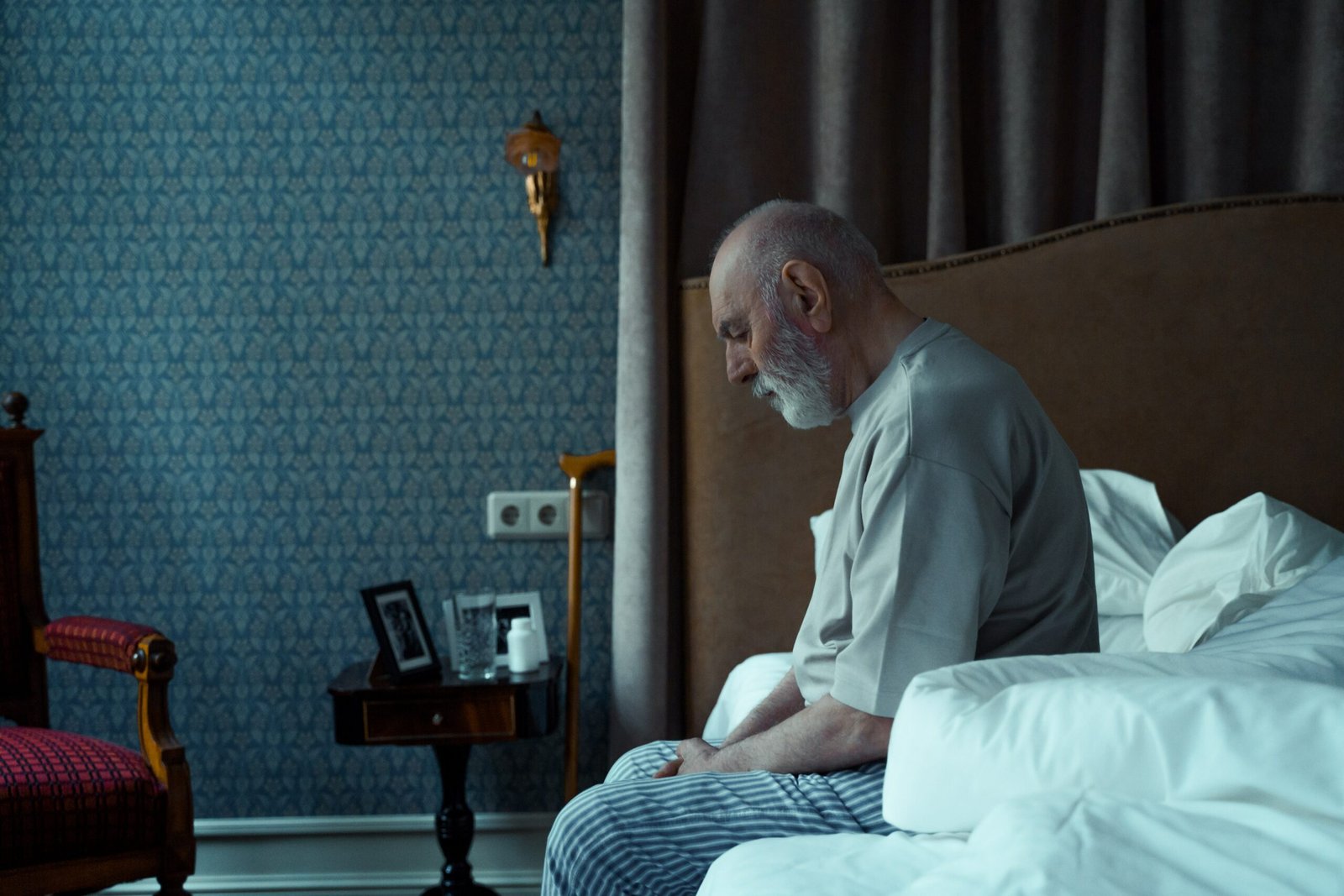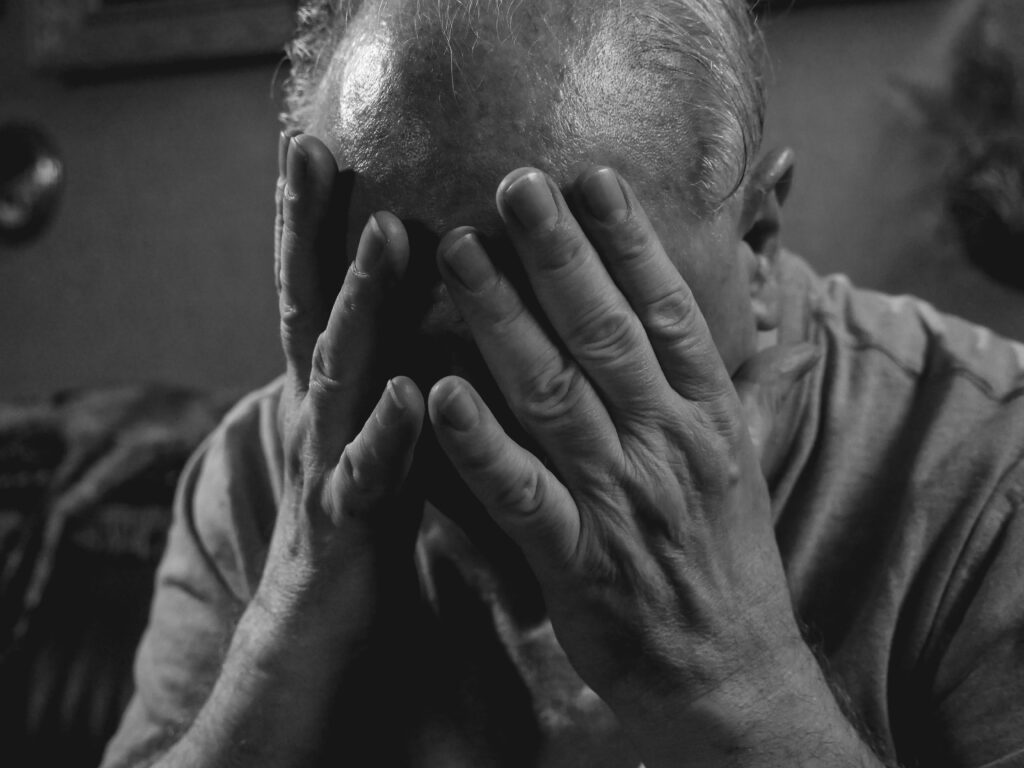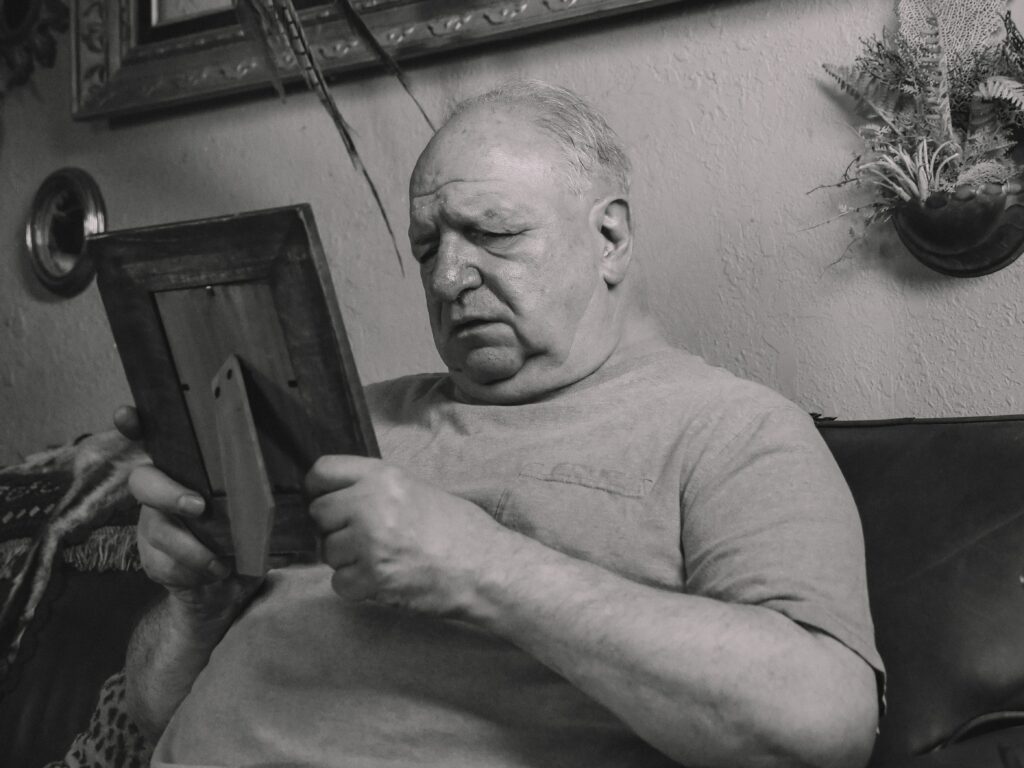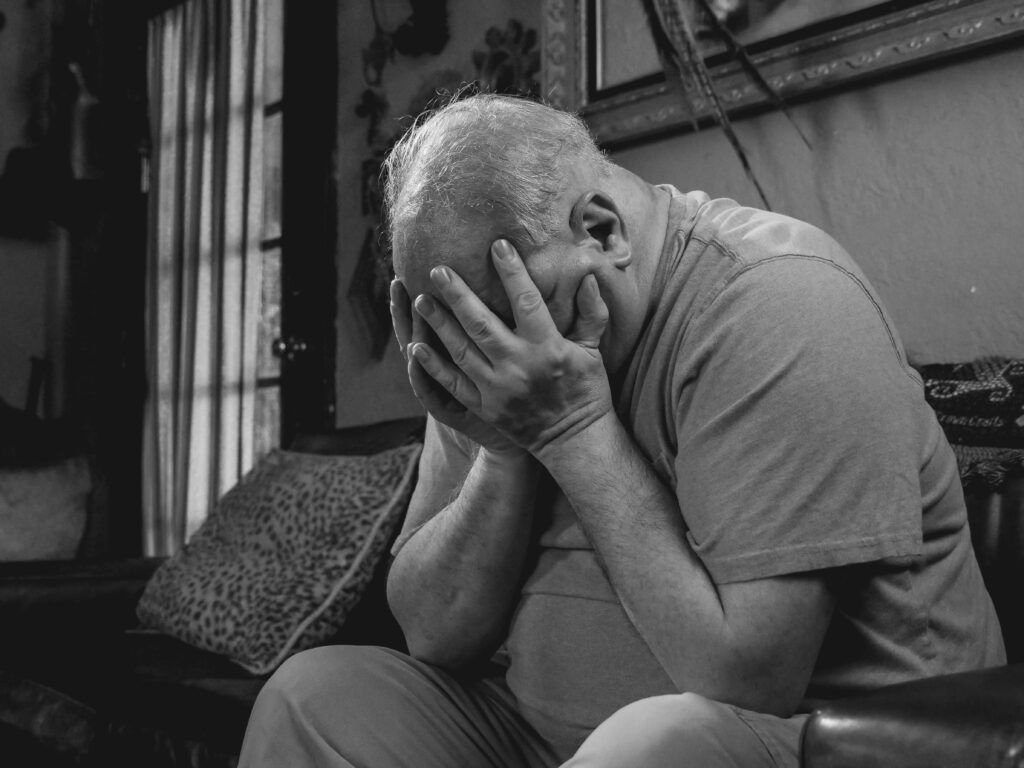Breaking The Silence: Unmasking The Signs of Mental Health Problems In Older Adults
Mental health problems are not limited to any age group. As people age, they may face a variety of challenges that can impact their mental health. However, older adults are often overlooked when it comes to mental health, as there is a stigma attached to mental health issues in the elderly.
Recognizing the indicators of mental illness can help family members and caregivers identify the problem early on. In this article, we will explore the signs of mental health problems in older adults and the importance of early detection. We will also discuss the role of family members and caregivers in addressing these issues and reducing the stigma surrounding mental health problems in older adults.
Mental Health Problems In Older Adults: Importance Of Early Detection
Mental health problems in older adults often go undetected and untreated due to a lack of awareness and a reluctance to seek help. Early detection is crucial in preventing these problems from becoming more severe. Recognizing the signs and symptoms of mental health problems in older adults can help identify issues before they escalate.
There are several mental health problems that can affect older adults. Depression and anxiety are the most common, with estimates suggesting that around 20% of older adults experience symptoms of depression and anxiety. Other common mental health problems in older adults include bipolar disorder, schizophrenia, and dementia.
Overview Of Common Signs And Symptoms
Mental health problems can manifest in a variety of ways due to various factors, and the signs and symptoms may differ for each individual. However, there are some common signs and symptoms that are often associated with mental health problems in older adults. In this section, we will discuss the following categories of symptoms:
1. Cognitive symptoms
- Memory problems, such as forgetting important events or appointments
- Difficulty with problem-solving and decision-making
- Difficulty with language and communication, such as forgetting words or using the wrong ones
2. Emotional symptoms
- Persistent feelings of sadness and hopelessness
- Anxiety and nervousness
- Extreme irritability and mood swings
3. Behavioral symptoms
- Changes in appetite and sleep patterns
- Social withdrawal and isolation
- Substance abuse
4. Physical symptoms
- Fatigue and lack of energy
- Chronic pain and physical complaints
- Changes in motor skills and coordination
[NOTE: These symptoms can be a normal part of aging, but when they start to impact daily functioning, they may be indicative of a mental health problem.]
Importance Of Seeking Professional Help In Older Adults
Older adults may be hesitant to seek professional help for mental health problems due to stigma, lack of awareness, or fear of being judged. However, seeking professional help is crucial in managing and treating mental health problems in older adults. Mental health professionals, such as therapists or counselors, can provide support and guidance in managing symptoms and improving quality of life.
Older adults may also benefit from medication to manage their symptoms. However, it’s essential to work with a healthcare professional to determine the best course of treatment, as some medications can have adverse effects or interact with other medications.
The Role Of Family And Caregivers In Recognizing And Addressing Mental Health Problems
Family members and caregivers can play a crucial role in recognizing and addressing mental health problems in older adults. They can observe changes in behavior and mood, provide emotional support, and encourage seeking professional help. Family members and caregivers can also help older adults maintain social connections and engage in activities that promote mental and physical well-being.
In some cases, family members and caregivers may be the first to recognize the signs of a mental health problem in an older adult. They may notice changes in behavior, such as increased irritability or social withdrawal, or changes in physical health, such as weight loss or difficulty sleeping.
It’s essential for family members and caregivers to be understanding and patient with older adults who may be experiencing mental health problems. They should offer emotional support and encourage seeking professional help. It’s also important to remember that caring for an older adult with a mental health problem can be challenging, and family members and caregivers should seek their own support when needed.
The Need For Increased Awareness And Stigmatization Of Mental Health Problems In Older Adults
Despite the prevalence of mental health problems in older adults, there is still a stigma attached to these issues. This stigma can prevent older adults from seeking help and can lead to feelings of shame and isolation.
Increased awareness and understanding of mental health problems in older adults can help reduce this stigma. It’s important to recognize that mental health problems are not a sign of weakness or a personal failure. They are a medical condition that can be treated with appropriate care and support.
Educational programs, support groups, and community outreach efforts can all help raise awareness of mental health problems in older adults. Healthcare providers can also play a crucial role in destigmatizing mental health issues by addressing them in routine check-ups and conversations with older patients.
Wrap Up
Mental health problems can affect anyone, regardless of age. However, older adults are often overlooked when it comes to mental health. It’s essential to recognize the signs of mental health problems in older adults and encourage seeking professional help.
Family members and caregivers can play a crucial role in supporting older adults with mental health issues. Increased awareness and reduced stigma can help older adults access the care and support they need to manage their mental health and improve their quality of life. Let’s break the silence around mental health problems in older adults and provide the support and care they deserve.






